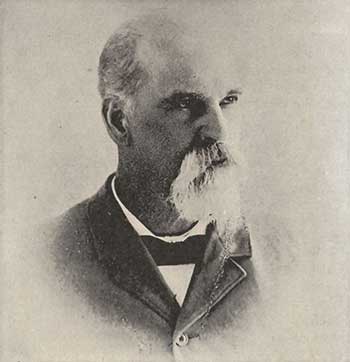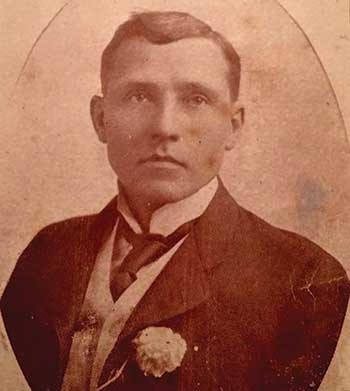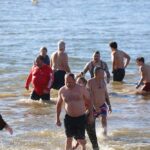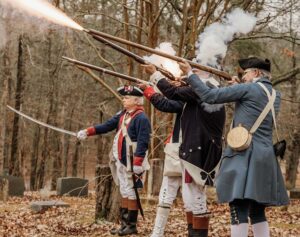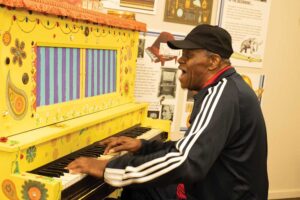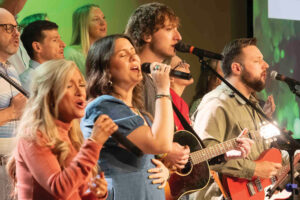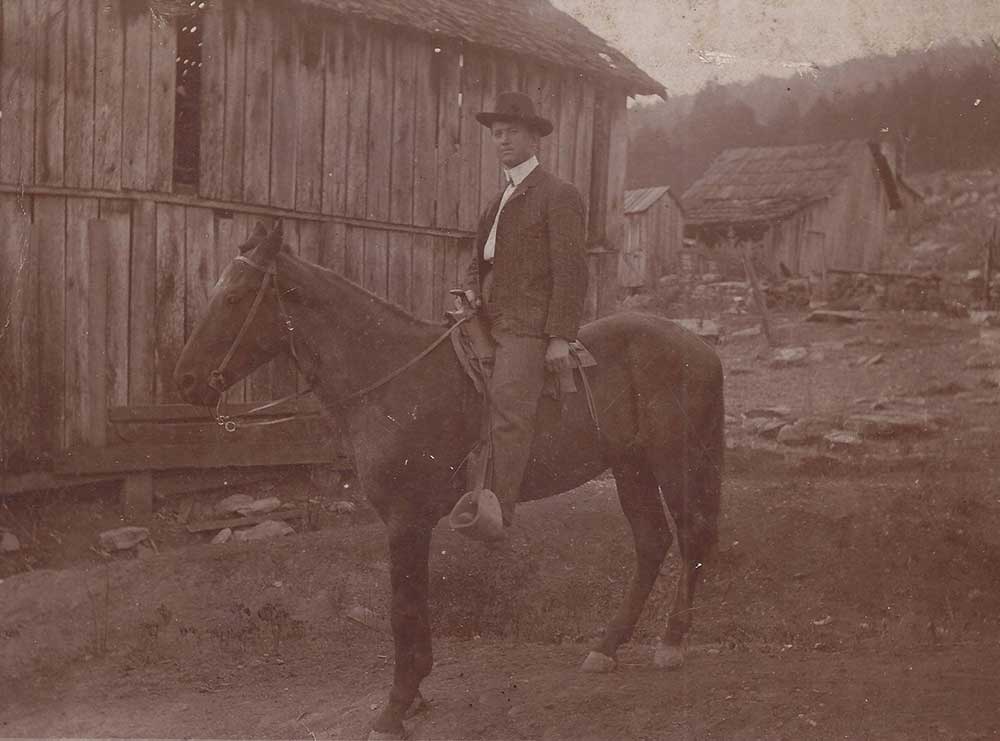
County has a long history of medical excellence
Story by Joe Whitten
Submitted photos
St. Clair County throughout its history had a thriving medical community with doctors practicing medicine in all parts of the region. Many of the names are familiar to this day, stemming from their descendants perhaps or a particular road or place in the county that bears their name.
They were pioneers in the county’s history, and a sampling of the details of their lives gives a glimpse into who tended to the medical needs of St. Clair’s early settlers.
DR. WILLIAM A. BEASON
Dr. Beason was born in 1867 to Rufus and Carrie Ann (Staton) Beason in St. Clair County and was the eldest sibling of Flora (Beason) Montgomery, George D. Beason, Charles W. Beason, Martin V. Beason, and Sidney L. Beason. He was also the great grandson of St. Clair County pioneer Curtis Grubb Beason and the great-great grandson of American Revolutionary patriot Capt. Edward Beason.
On Oct. 30, 1901, with Rev. Noah A. Hood officiating, Dr. Beason married Ms. Lillie Eugenia Phillips at her family home, known today as the Phillips-Cunningham House.
The bride was the daughter of James Madison and Elizabeth (Yarbrough) Phillips and the granddaughter of Littleton Yarbrough. The couple lived for many years in the Byers-Prickett House with Mrs. Beason being noted as a gracious, Southern hostess.
“Dr. Beason was loved and respected by all who knew him intimately and was a man of strong convictions and always outspoken for things he believed to be right.” He was known to never drive over 35 miles an hour. When asked why he didn’t drive faster, he would always reply, “At 35 miles per hour, a car is still cheaper to run than a horse.”
Of his beloved wife it was said, “No man ever had a nobler and more helpful companion. She knew his work and helped him in its performance in many ways.”
Mrs. Lillie Beason “was widely known over the state. She took great interest in educational affairs” and always remained active in supporting “many movements for the betterment of her people.”
For several years she held the office of chairman of the St. Clair County Board of Education, earning her the noteworthy recognition of being the first woman elected to office in St. Clair County. “She was also president of the Baptist Missionary Union and a leading member of the Ashville Chapter of the United Daughters of the Confederacy,” and “was a brilliant woman… (with) many cultivated talents.”
Both were laid to rest in Ashville City Cemetery.
DR. JAMES MADISON McLAUGHLIN
Dr. McLaughlin was born in Leeds in Jefferson County on March 22, 1838, to John and Margaret (Brinker) McLaughlin. The doctor’s father was an early settler of the State of Tennessee and was the son of Alexander Andrew McLaughlin, who had emigrated from Scotland to Tennessee.
James attended public schools and later read medicine with Doctors Robertson and Freeman in Springville. He later attended Atlanta Medical College, now the Emory University School of Medicine. During this time, he enlisted in Company C of 18th Alabama Regiment, CSA and was soon afterwards promoted to Captain. In 1864, he was promoted to lieutenant colonel and held that position until the close of the war.
On Jan. 4, 1871, James married Isadora Forman, the daughter of James and Parthenia (Dean) Forman. The bride’s father was noted as taking a “… leading part in all matters and issues in which people were interested,” and being “… true and energetic in behalf of his friends…”
The bride’s mother was the daughter of Nathaniel and Parthenia (Edmundson) Dean, and the granddaughter of Benjamin Edmundson, a Virginian patriot who fought for independence as a lieutenant in the American Revolution. In her obituary, Mrs. Forman was remembered as “… always cheerful…” and “… a faithful and affectionate wife and mother,” who was “… thoughtful of every interest of her children…”
In 1875, the doctor opened a pharmacy and two years later welcomed his only child, Katherine, into the world on March 27, 1877. She would later marry Jacob Forney, a president of Jacksonville State University, who was the son of General John Horace Forney and nephew of Alabama U.S. Rep. William Henry Forney.
It could never be said that Dr. McLaughlin did not live a full life. During his 70 years, he was a member and elder of the Presbyterian Church, a Mason and Knight of Pythias, Mayor of Springville three times, examiner for the New York Life Insurance Company, the Penn Mutual Life Insurance Company, and for the Equitable Life Insurance Company; member of the board of pension examiners, county health officer, member and one of the organizers of the St. Clair Medical Society and counselor of the State Medical Society.
After declining in health for two years, Dr. McLaughlin passed away and was memorialized as being “… closely associated with all movements for growth and prosperity of our county,” and giving “… freely of his time, energy and guidance for its welfare.” Furthermore, “(h)e was beloved by all with whom he came in contact and held the respect and admiration of all his business and political associates.”
The magazine, Confederate Veteran, honored Dr. McLaughlin and observed that he was “… a loving husband and father, a good citizen, a brave soldier and a Christian Gentleman.”
DR. FINIS E. PERKINS
Dr. Perkins was born on March 2, 1859, near Trussville to William Washington Perkins (1829-1910) and Elizabeth (Praytor) Perkins (1832-1886). Dr. Perkins financed his dental training by selling Bibles and began practicing dentistry about 1880.
He had offices in Birmingham, Springville, Odenville and in other small towns in St. Clair County. One of his main interests was to teach dental care and health care to public school children. For at least 50 years, he was a regular visitor at many schools and always emphasized that every bite should be chewed 32 times.
A part of every lecture was a Biblical quotation from 1 Corinthians 6:19-20, “What? know ye not that your body is the temple of the Holy Ghost which is in you, which ye have of God, and ye are not your own? For ye are bought with a price: therefore glorify God in your body, and in your spirit, which are God’s.”
He cooked most of his own meals and used olive oil exclusively to cook with because he considered animal fats to be bad for the teeth, gums and the human body. Wherever he ate, private or public, he first asked God’s blessing on that meal.
He was an active member and financial supporter of the Cumberland Presbyterian Church of Norwood in Birmingham.
Dr. Perkins was attracted to St. Clair Springs because of the healing powers of the sulfur waters available and in 1896 built a cottage there. He also took annual trips to Pike’s Peak and maintained a summer home there for many years.
Dr. Perkins never married and practiced dentistry up to his death on June 21, 1950, at the age of 91.
As Hippocrates, the ancient Greek physician known as the Father of Medicine, once said, “Wherever the art of medicine is loved, there is a love of humanity.”
The same could be said for St. Clair County’s early hands of healing.











